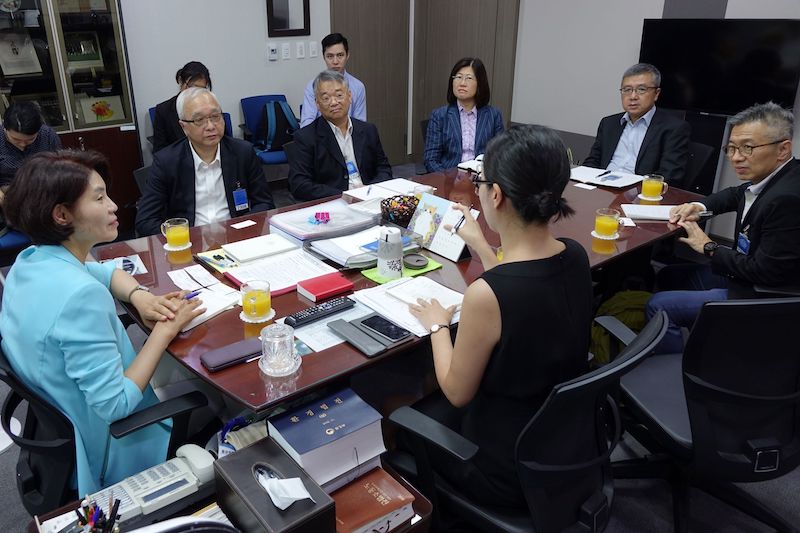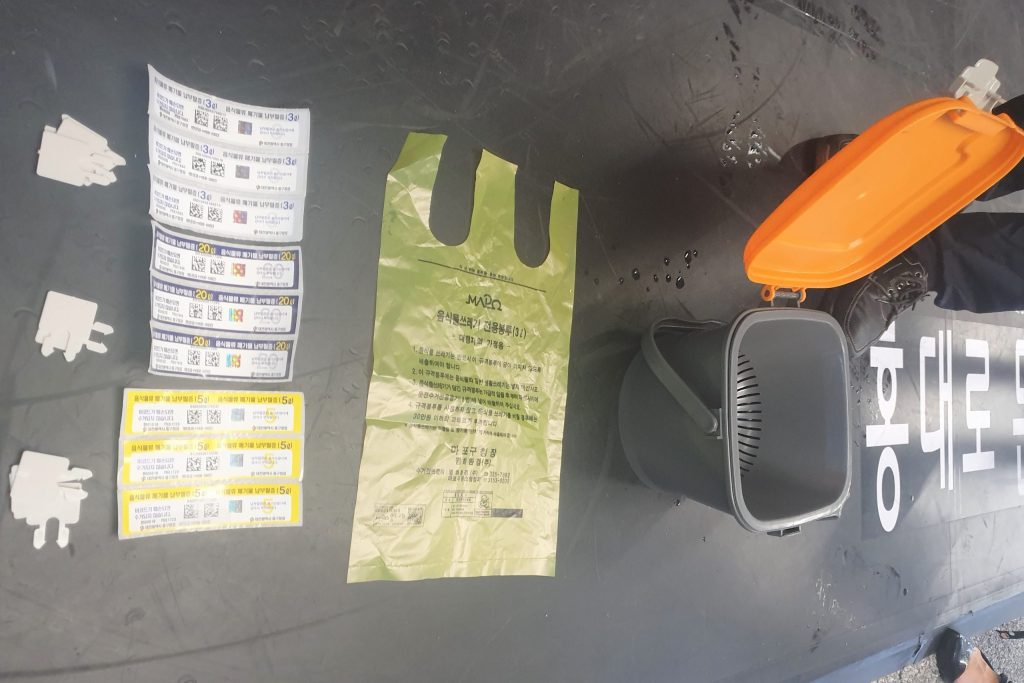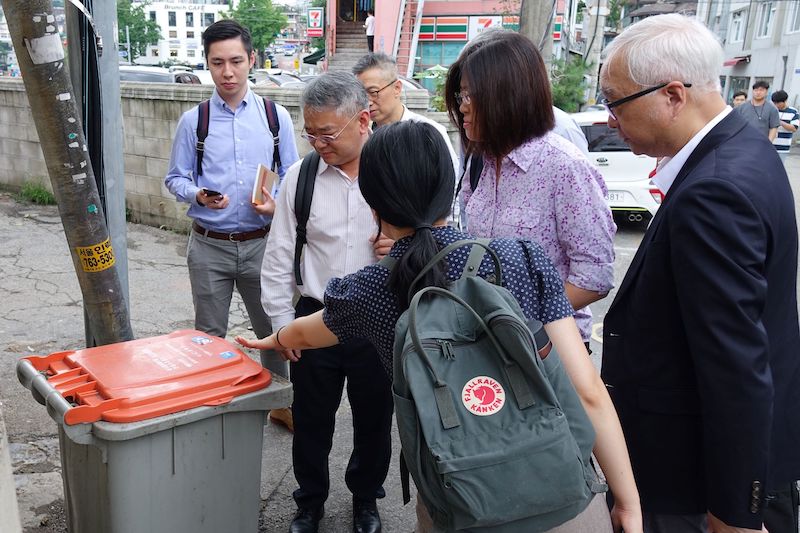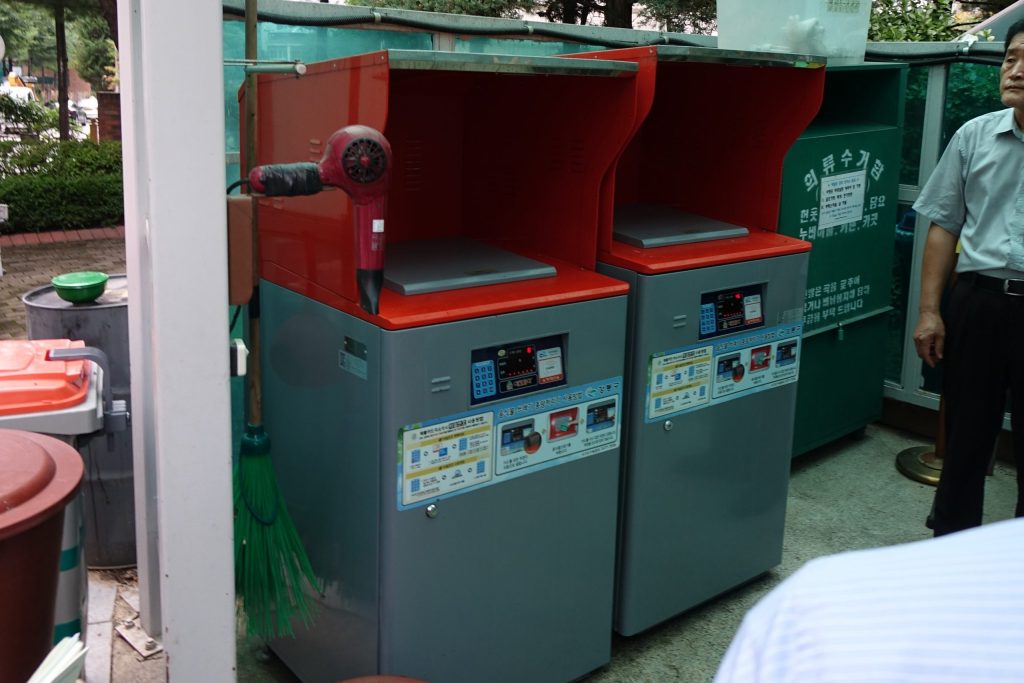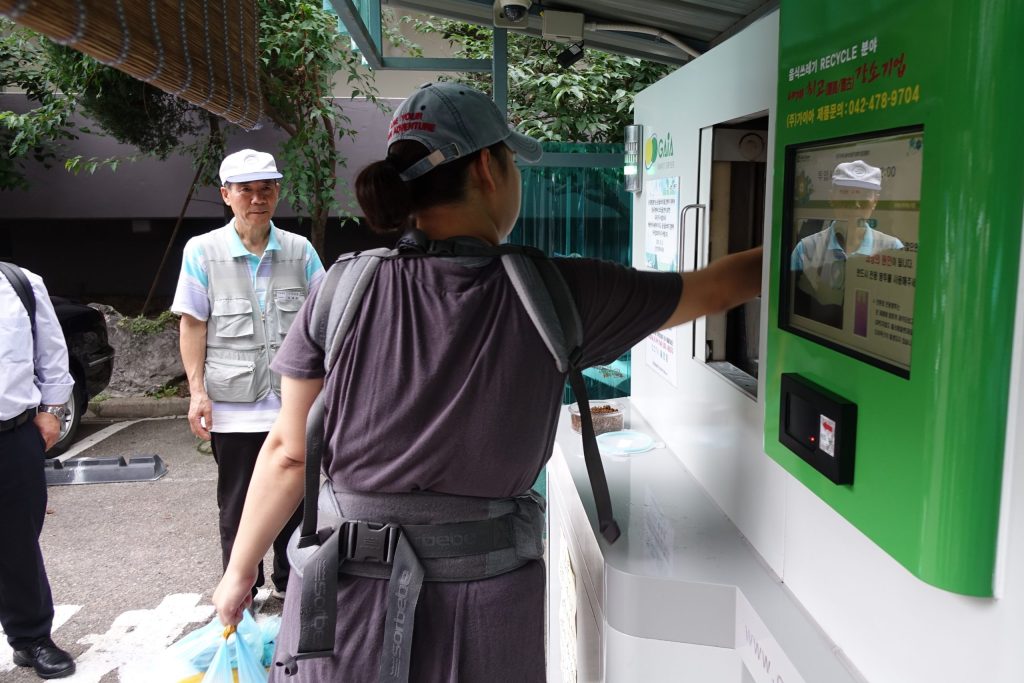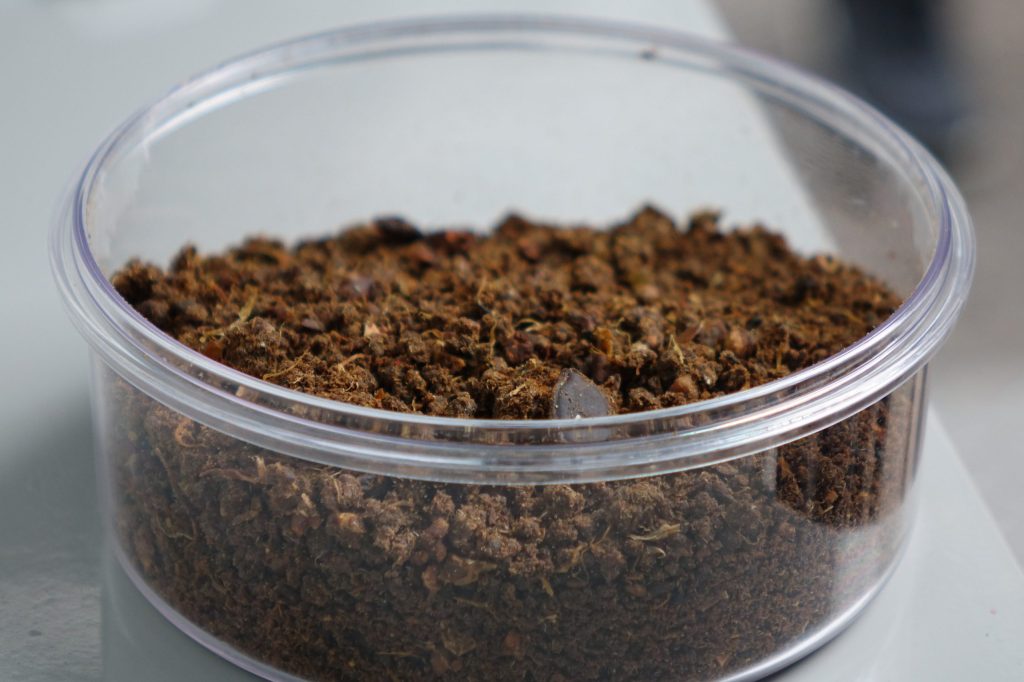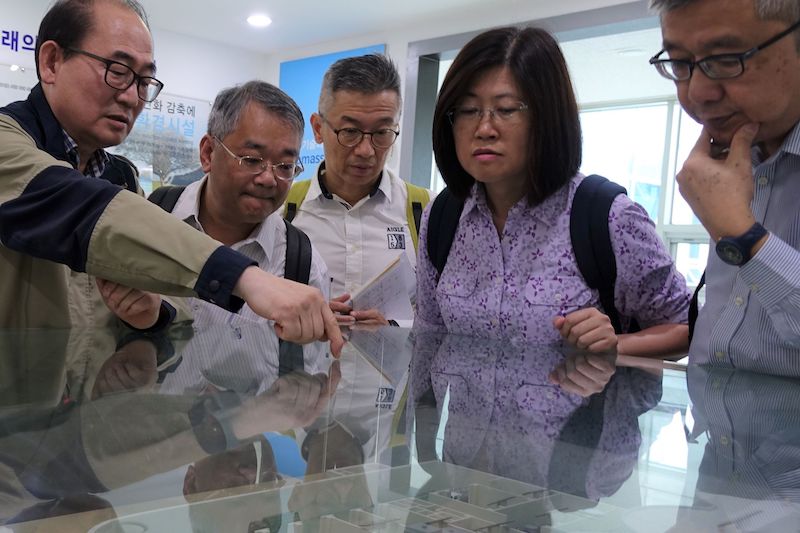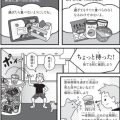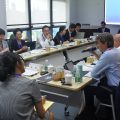Food waste: an alarming issue East Asian cities striving to tackle

On 29-31 July, a delegation of officials from the Hong Kong Government visited Seoul to examine the city’s food waste policy and benchmark advanced practices. Through the tour, the delegation had fruitful meetings and exchanges with various stakeholders, including the Seoul Metropolitan Government, a Korean national lawmaker, a policy analyst, a grassroots environmental NGO, a restaurant owner, and citizens, and made site visits to waste treatment plants, biomass energy facilities, and waste collection sites.
Food Waste in Hong Kong — a mounting problem
Hong Kong is one of the most densely populated places in the world. With over 7.4 million people of various nationalities residing in a 1,104 km2 territory, the city generates roughly 3,500 tons of food waste daily, which accounts for 35% of the municipal solid waste. And whereas about one-third of the food waste comes from commercial and industrial sources such as restaurants, hotels, wet markets, food production, and processing industries, the remaining part comes from households.
While it is anticipated that about 50% of the food waste in Hong Kong can be separately collected and recycled, there has been no legislation requiring households and industries to separate food waste for collection and recycling, and the current practice of disposing of biodegradable food waste at landfills is not sustainable and environmentally detrimental as it depletes the limited landfill space, creates odor nuisance, generates leachates and landfill gases that require further mitigation measures to deal with, and squanders the useful organic contents, leading to pollution and a loss of biodiversity.
Hong Kong has set up its goals to have all food waste collected by types from the commercial and industrial sector by 2026 and citywide by 2030. In reaching the target, the city government developed the city’s first organic resource recovery center O ⋅ Park1, which adopts anaerobic digestion technology to convert food waste into biogas for electricity generation, and is capable of handling 200 tons of food waste per day. A second facility is currently under construction at a design capacity of 300 tons per day.
Meanwhile, in making decisions informed by scientific evidence and local realities, the city government continues its active efforts in exploring solutions and learning from the experiences of other cities around the world. Through a 3-day study tour organized by ICLEI East Asia, a delegation of 5 officials from the Environment Bureau and the Environmental Protection Department of the Hong Kong Government, accompanied by a consultant, visited Seoul to examine the metropolis’s food waste policy and benchmark advanced practices.
|
|
Dealing with Food Waste — the Seoulite way
Seoul, the capital of South Korea, first launched its volume-based waste fee system in 1995, further implemented a separate collection of recyclables, and banned direct dumping of food waste in landfills in the metropolitan area in 2005. In 2013, the city took a step forward by introducing compulsory food waste recycling on a “pay-as-you-waste” scheme in full measure and followed the National Government’s revised enforcement rule with respect to banning the release of food wastewater into the ocean.
As the city implemented the volume-based food waste feed system, citizens and residents are required to discharge residential food waste using prepaid standard food waste bags or dedicated collection containers with payment chips for pick up, or to automated bins equipped with scales and Radio Frequency Identification (RFID) systems that weigh food waste as it is deposited and charge residents using an ID card. Discharged food waste would then be collected by authorized transport and recycling business operators, sent to treatment plants, and converted into resources, such as animal feed (64%), compost (33%), and bioenergy.
|
|
|
|
The shift from the sharing of total food waste treatment costs by apartment complexes to imposing the fees on households has allowed the city to gradually bring its food waste amount down to an average of 2,751 tons per day in 2018 — which is a 10% decrease compared to that in 2013. However, due to the insufficient processing capacities of the five public treatment facilities in Seoul, at the moment, about 57% of the municipal food waste is still being entrusted to private plants in neighboring regions.
The Seoul government, yet, has found it uneasy to initiate a new construction of food waste treatment plants in the jurisdiction so far, particularly due to citizens’ complaints about the unpleasant image of such facilities. Thus, as a temporary solution, the government opts to expand the existing facilities.
In addition, the city government is also planning to gradually increase the adoption of on-site food waste treatment systems (large-size waste reducers), which turn food waste into by-products at the site of generation, and significantly reduce the amount by 80-85% via the process of dehydration or microorganism-based fermentation. The city is now looking to support school cafeterias in installing such reducers through pilot projects, as a means to reduce the amount of food waste generated from public premises.
|
|
|
Key Takeaways for Hong Kong… and other striving Cities
Through the study tour, the Hong Kong delegation thoroughly learned about Seoul’s food waste management by visiting several treatment plants equipped with different types of processing technologies and walking into residential areas to experience how the citizens in the city practice food waste recycling in their everyday lives.
The delegation was particularly fascinated by how the Korean citizens are accommodating to the policy in segregating food waste for disposal. The experience of Seoul suggests that, although it takes time for people to change their mindsets, with coherent policy design and careful implementation, it is possible for local governments to change the public’s behaviors by jointly making the city greener and more sustainable.
For instance, when the Seoul Metropolitan Government first imposed the volume-based food waste fee system, the price of each standard waste bag was set at as low as 10KRW (0.1USD) to prevent strong objections from the public, according to government officials. Relevant fees were later on gradually adjusted to meet the management costs as citizens became accustomed to the system.
However, Green Korea, a grassroots environmental NGO, has recently noticed a growing trend among the Korean citizens to add an extra layer of the bag (or disposable plastic gloves) when discharging household food waste for personal hygiene concerns, as a result of misleading advertisements which promote such products being biodegradable. While the government is looking to develop action plans regulating these products, the phenomenon also suggests that the public awareness of the environment has increased, although efforts to ensure that citizens are receiving accurate and timely information could still be made.
|
|
On the other hand, regarding the treatment processes and facilities, the Korean national lawmaker Han Jeong Ae reminded that, it is important for the Hong Kong government to tailor-make the city’s food waste policy. Considering the food cultures and eating habits of residents in the city, different technologies could be applied in the system design. For instance, Korean cuisine consists of numerous fermented foods and beverages, which could be a strength for energy conversion.
In leading citizens towards a sustainable future, local governments in East Asia are actively exploring solutions to reduce food waste. Whereas technology has played a leading part in cities upgrading food waste management systems and maximizing recycling rates, it is also important to remember that, the long-term solution to the problem is to minimize wasted food from its origin and reintegrate the waste into the ecosystem.


